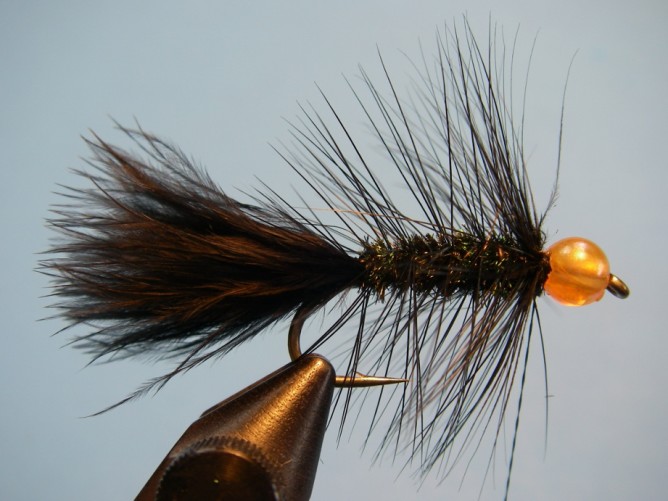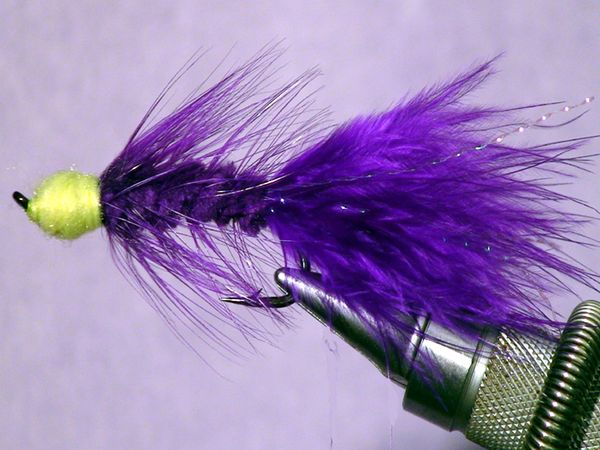

"I grew up fishing them, and I think they're the most effective live bait around no matter where you go." There’s an entire leech industry to provide fishers with their bait.

Leech eggs pro#
“A leech on any presentation moves more than other types of live bait," pro fisher Jerry Hein told Fishing League Worldwide. Scientists thought the species was extinct until a zoologist found two specimens in the 1970s, one of whom he named Grandma Moses. ghilianii sticks its proboscis (which can be up to 6 inches long) into a host, drinks its fill, and falls off. The giant Amazon leech ( Haementeria ghilianii) can grow up to 18 inches and live up to 20 years. “I am now planning my trip to Queensland, Australia, where I hope to take leisurely walks through the jungle, accompanied by a dozen or so of my namesake feeding on my ankles.” 5. “I am thrilled to be immortalized as Chtonobdella tanae,” Tan said in a press statement. So when he and his colleagues identified a new species of tiny terrestrial leeches, they gave the leech Tan’s name. “There are not a lot of novels out there with terrestrial leeches in them,” Siddall says. Land-based leeches made an appearance in Tan’s 2005 book Saving Fish from Drowning, a fact that instantly put the author in leech researchers’ good graces. Novelist Amy Tan has her own species of leeches. “How on Earth would leeches take away bad blood and leave good blood? It’s silly.” 4. Other uses, though, are less sensible: “The more naturopathic application of leeches in order to get rid of bad blood or to cure, I don’t know, whatever happens to ail you, is complete hooey,” he says. “That is a perfectly sensible use of leeches,” Siddall says. Today, surgeons keep them on hand in the operating room and use them as mini-vacuums to clean up blood. Leeches are everywhere.īloodletting for bloodletting’s sake has fallen out of favor with Western physicians, but that doesn’t mean medicinal leeches are enjoying a cushy retirement. “Certainly they’ll do it, if they’re given the opportunity, but they’re not what they’re spending most of their time feeding on.” 2. “Very few of them are interested in feeding on human blood,” Siddall says. In North America, there are probably more freshwater leeches that don’t feed on blood than there are blood-feeders.” And even among the hematophagous species, there are not too many who are after you. “The vast majority of species are ,” Siddall tells Mental Floss, “but it depends on the environment. Hematophagous, or blood-feeding, species are only one type of leech. Siddall to share some surprising facts about the worms we love to hate. We asked parasite expert and curator at the American Museum of Natural History Mark E. Recently, a team led by Anna Phillips, curator of parasitic worms at the Smithsonian National Museum of Natural History, discovered a new species of medicinal leech (pictured above) in a Maryland swamp. Leeches get a bad rap, but they’re actually pretty cool once you get to know them-and we're finding out more about them, even today.


 0 kommentar(er)
0 kommentar(er)
